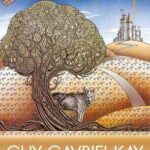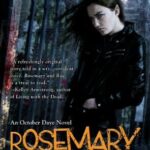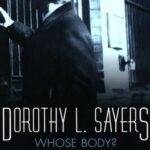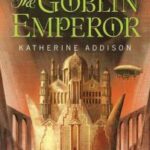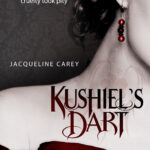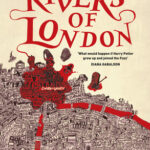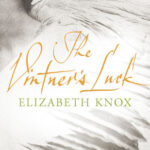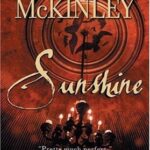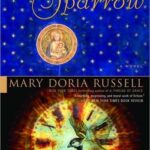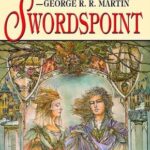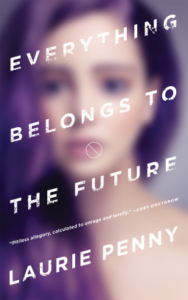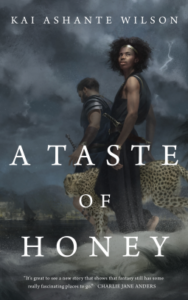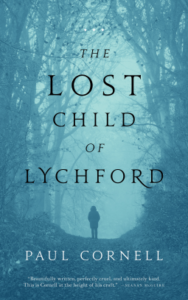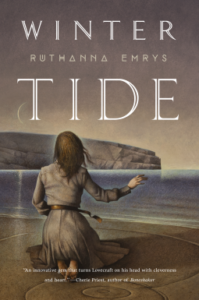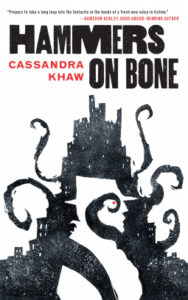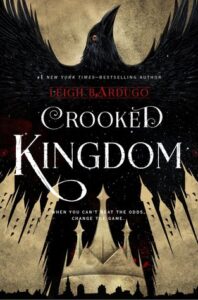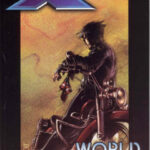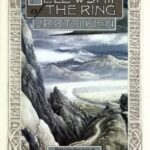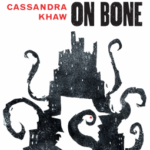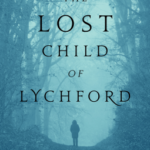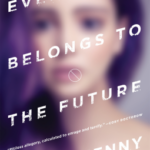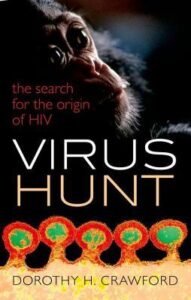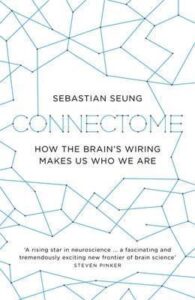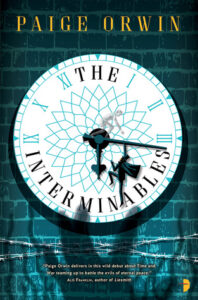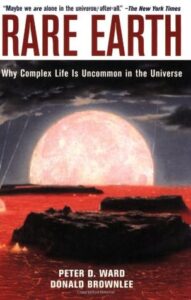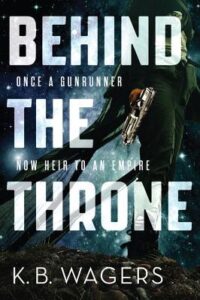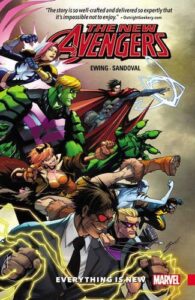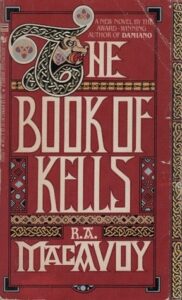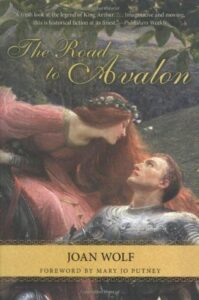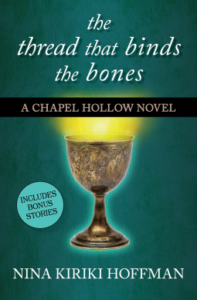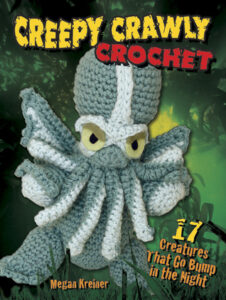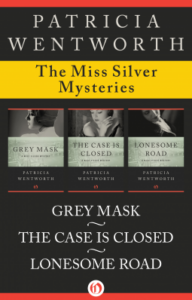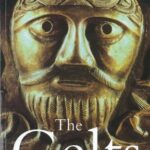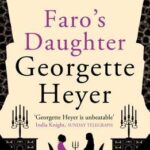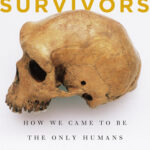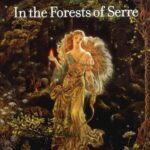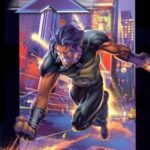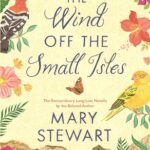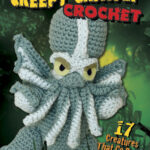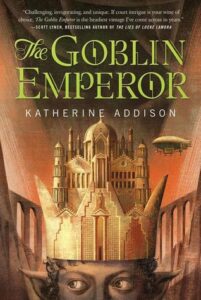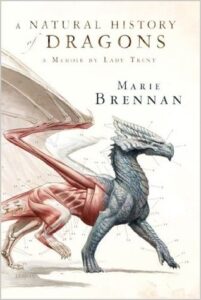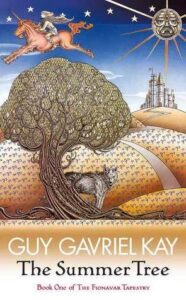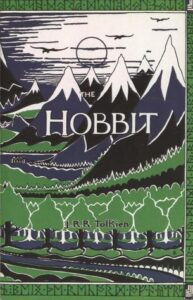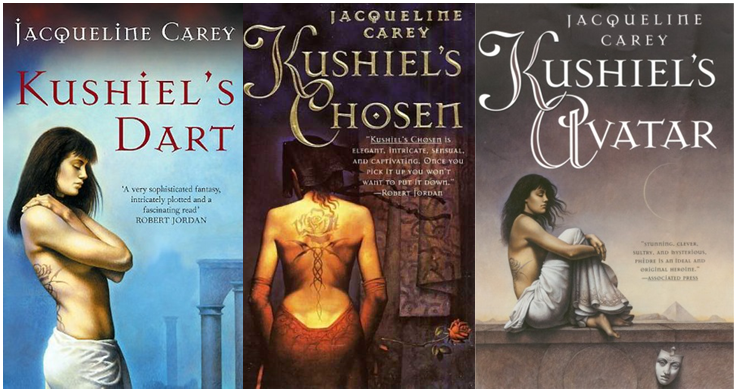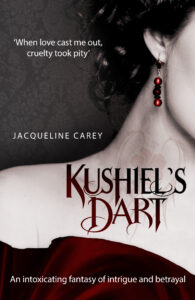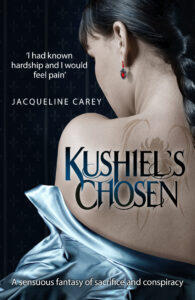This week’s Top Ten Tuesday is about recommendations — to be more precise, books you’ve read because of recommendations. Here goes!
- The Summer Tree, by Guy Gavriel Kay. I am no longer in touch with the person who sent me this, which is saddening because I love this series and everything I’ve read by Kay, and the same person also fostered my love of Ursula Le Guin and introduced me to the tv series Firefly. Friendship aside, it’s a loss in terms of not getting awesome book recommendations alone.
- Rosemary and Rue, by Seanan McGuire. This has been recommended to me by a lot of people, but I think my friend Tria was the first. I know she definitely loves McGuire’s work and has read some of the books several times!
- Whose Body? by Dorothy L. Sayers. My mother gave me this one, and I think I’ve posted on numerous occasions about its importance to me.
- The Goblin Emperor, by Katherine Addison. I think the first time I saw this recommended was by my friend Rachel; it is now one of my favourite books in the world, in case you hadn’t figured that out yet.
- Kushiel’s Dart, by Jacqueline Carey. I actually don’t know who bought this for me; they never admitted to it. But it arrived in the post one day and I proceeded to devour everything by Carey. Feel free to reveal yourself, anonymous benefactor.
- Rivers of London, by Ben Aaronovitch. First recommended by a friend I met while I was at university, Marc. I’m rereading the series now and it’s better than I remembered — and I’m about to get to the one that really pulls the heartstrings.
- The Vintner’s Luck, by Elizabeth Knox. Recommended by my second-year flatmate, this is just a gorgeous book.
- Sunshine, by Robin McKinley. A long-time favourite, this was recommended by my friend Sev. And I need to reread it soon. And oh look, my wife has a copy right there.
- The Sparrow, by Mary Doria Russell. I feel like this counts because I read it via a book club. I almost don’t dare revisit it, because it tore my heart into bits.
- Swordspoint, by Ellen Kushner. Way back when I was on Livejournal I was recommended this one. I still reread it occasionally, and I really should get round to reading Tremontaine…
And, you know, I’m always looking for more recommendations…
